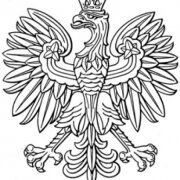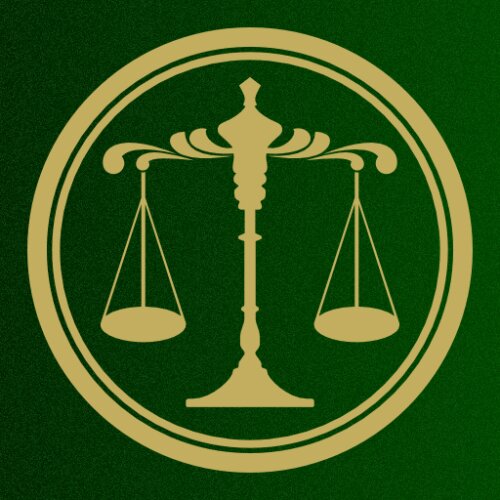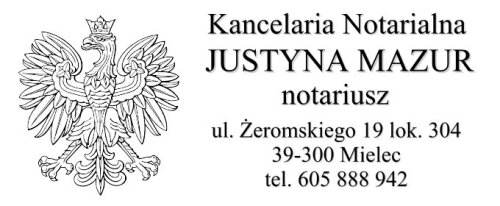Best Antitrust Lawyers in Poland
Share your needs with us, get contacted by law firms.
Free. Takes 2 min.
Or refine your search by selecting a city:
List of the best lawyers in Poland
About Antitrust Law in Poland
Antitrust law in Poland, often referred to as competition law, is designed to ensure fair competition in the marketplace and prevent anti-competitive behavior such as monopolies, cartels, and other collusive practices. The primary legislative framework governing antitrust in Poland is the Act on Competition and Consumer Protection, which aligns with European Union regulations to ensure a uniform approach across member states. The Office of Competition and Consumer Protection (UOKiK) is the regulatory body responsible for enforcing these laws and promoting consumer rights.
Why You May Need a Lawyer
There are several situations where individuals or businesses might require legal advice in the realm of antitrust law:
- If you suspect a competitor of engaging in anti-competitive practices, such as price-fixing or creating a monopoly.
- If your business is under investigation by the UOKiK for potential antitrust violations.
- If you are entering into a merger or acquisition that may raise competition concerns.
- If you are part of an industry characterized by collusive behavior and wish to ensure compliance with laws.
- For submitting complaints or seeking redress against companies violating antitrust regulations.
Local Laws Overview
Poland's antitrust regulations focus on three main areas: anticompetitive agreements, abuse of a dominant market position, and control of concentrations (mergers and acquisitions). Key aspects include:
- Anticompetitive Agreements: These are agreements between enterprises that may disrupt competition, including price-fixing, market sharing, or bid-rigging.
- Abuse of Dominance: Enterprises with a dominant market position must avoid practices that unfairly limit competition, such as predatory pricing or imposing undue terms on trading partners.
- Merger Control: Companies must notify UOKiK of mergers or acquisitions that may significantly limit competition in the market.
Frequently Asked Questions
What constitutes a violation of antitrust laws in Poland?
Violations include engaging in cartels, abusing dominant market positions, and failing to report mergers that could limit market competition significantly.
What is the role of UOKiK?
The Office of Competition and Consumer Protection is responsible for overseeing and enforcing competition laws, protecting consumer rights, and preventing unfair competition practices.
How does UOKiK enforce antitrust laws?
UOKiK can conduct investigations, impose fines, and take legal action against companies suspected of violating competition laws.
Can businesses challenge UOKiK’s decisions?
Yes, businesses can appeal UOKiK's decisions to the Competition and Consumer Protection Court in Poland.
What penalties exist for violating antitrust laws?
Penalties can include significant fines, orders to cease unlawful practices, and potentially even criminal charges in severe cases.
Is there a leniency program for self-reporting cartel activity?
Yes, Poland has a leniency program that can reduce or eliminate fines for companies that voluntarily report their involvement in cartels.
How long does an antitrust investigation typically take?
Investigation durations can vary widely depending on the complexity of the case, but they typically range from several months to several years.
What are the key considerations for mergers under Polish law?
Companies need to assess the potential impact of the merger on market competition and whether it needs to be reported to UOKiK for approval.
Are there specific industries more prone to antitrust issues in Poland?
Sectors like telecommunications, energy, and pharmaceuticals are often scrutinized due to their market dynamics and potential for monopolistic behavior.
How can consumers report antitrust concerns?
Consumers can report potential violations directly to UOKiK, which assesses complaints and can initiate investigations if needed.
Additional Resources
For further information, various organizations and resources can be of assistance:
- The Office of Competition and Consumer Protection (UOKiK) provides extensive resources and FAQs on its website.
- The European Commission's competition policy page offers insights into how EU-wide policies affect local antitrust laws.
- Law firms specializing in competition law often publish materials and guides on navigating antitrust issues.
Next Steps
If you need legal assistance with antitrust matters in Poland, consider the following steps:
- Research and identify experienced antitrust lawyers or law firms familiar with Polish and EU competition laws.
- Schedule a consultation to discuss your specific situation and obtain tailored legal advice.
- Gather relevant documentation and evidence to present during your consultation for a thorough case assessment.
- Consider attending informational seminars or workshops on antitrust laws hosted by legal experts or academic institutions.
- Stay informed about updates in competition law to ensure ongoing compliance and awareness of your rights and obligations.
Lawzana helps you find the best lawyers and law firms in Poland through a curated and pre-screened list of qualified legal professionals. Our platform offers rankings and detailed profiles of attorneys and law firms, allowing you to compare based on practice areas, including Antitrust, experience, and client feedback.
Each profile includes a description of the firm's areas of practice, client reviews, team members and partners, year of establishment, spoken languages, office locations, contact information, social media presence, and any published articles or resources. Most firms on our platform speak English and are experienced in both local and international legal matters.
Get a quote from top-rated law firms in Poland — quickly, securely, and without unnecessary hassle.
Disclaimer:
The information provided on this page is for general informational purposes only and does not constitute legal advice. While we strive to ensure the accuracy and relevance of the content, legal information may change over time, and interpretations of the law can vary. You should always consult with a qualified legal professional for advice specific to your situation.
We disclaim all liability for actions taken or not taken based on the content of this page. If you believe any information is incorrect or outdated, please contact us, and we will review and update it where appropriate.
Browse antitrust law firms by city in Poland
Refine your search by selecting a city.

















